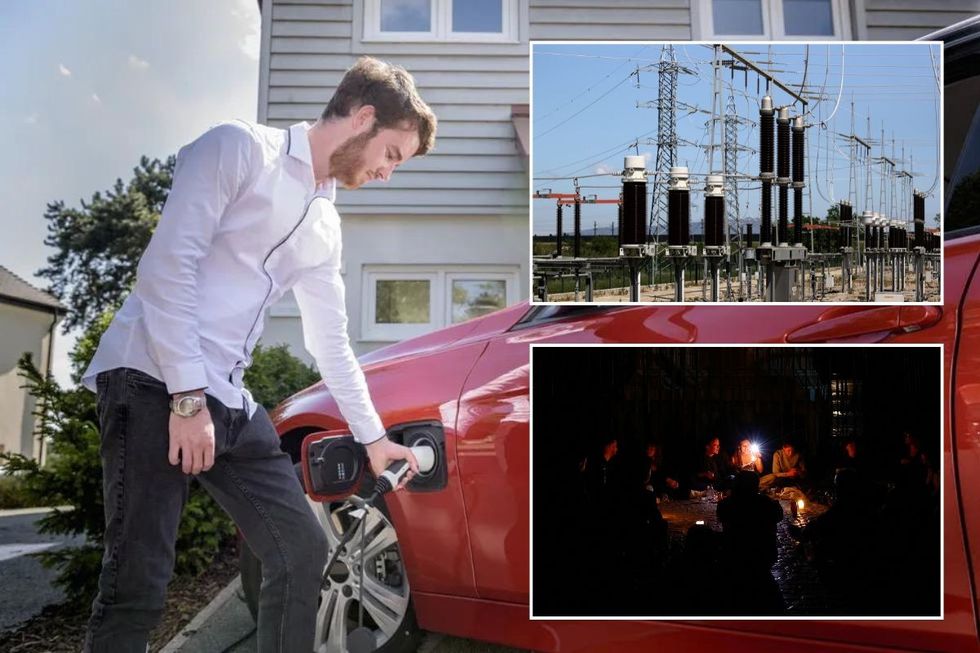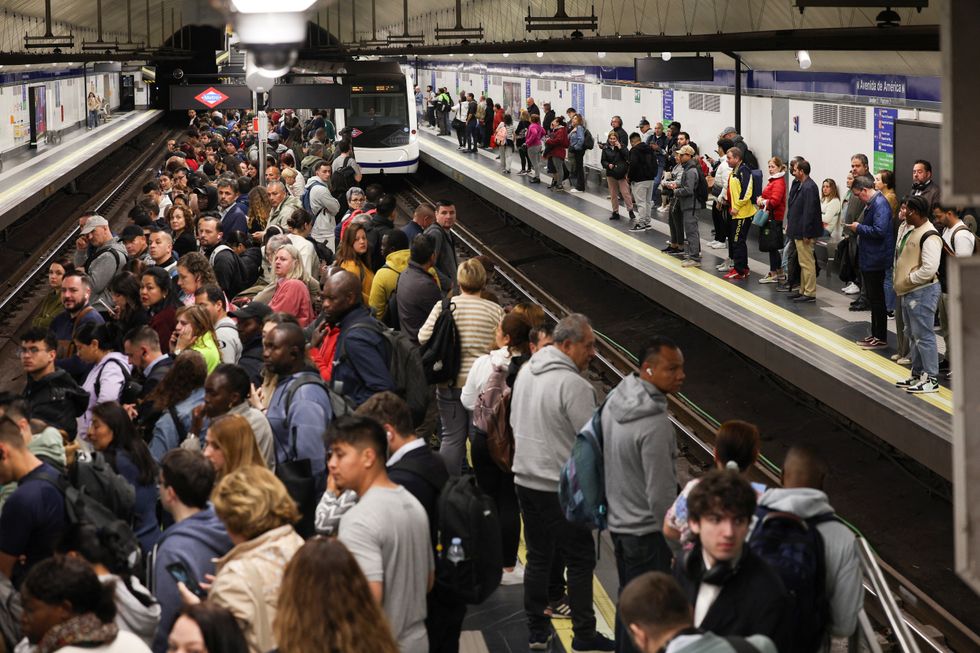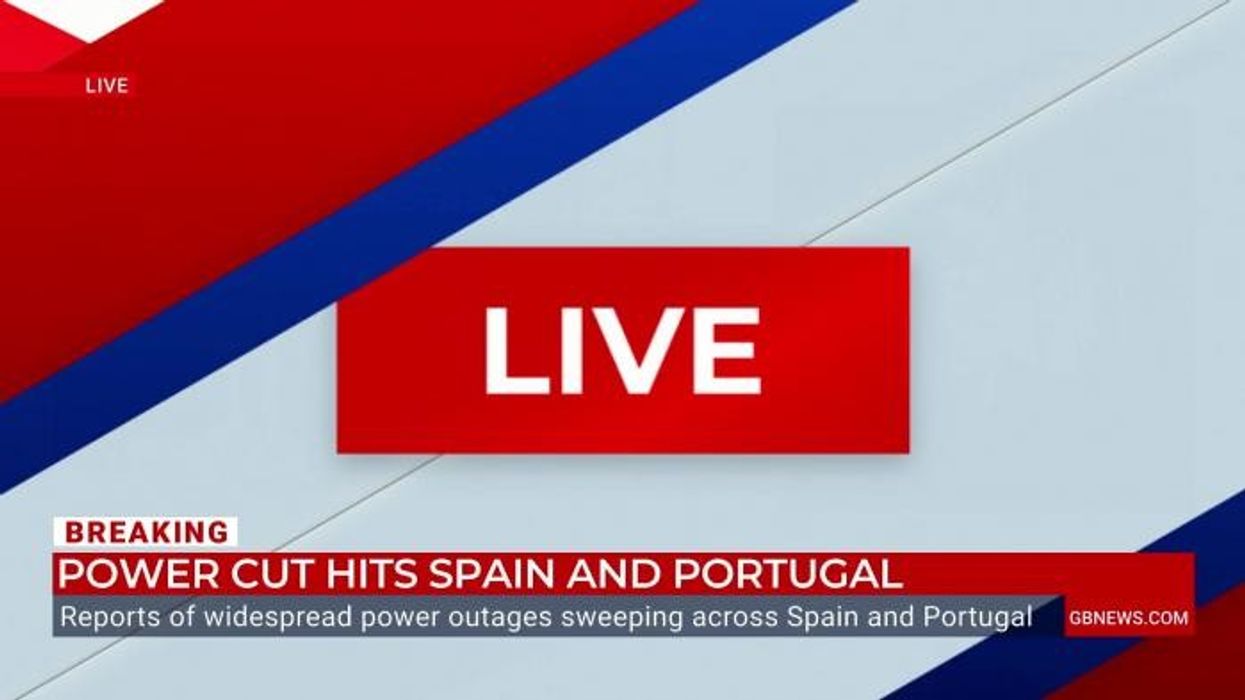Electric cars can power homes for days if UK suffers energy outages after Spain and Portugal blackout

Drivers with EVs capable of bidirectional charging could earn 'hundreds of pounds a year'
Don't Miss
Most Read
Electric vehicles could act as a lifeline to power homes during power blackouts, as seen in Spain and Portugal earlier this week.
New analysis has suggested that electric vehicles can serve as backup power sources during electricity outages.
Reports on social media indicate that people affected by recent power outages in Spain have been using their electric vehicles to power their homes.
As extreme weather events and infrastructure challenges continue to affect power networks, EVs offer a potential solution for maintaining essential services during disruptions.
Do you have a story you'd like to share? Get in touch by emailing motoring@gbnews.uk

Drivers could power their homes for up to six days using their electric vehicle
|GETTY/REUTERS
New analysis by the Energy and Climate Intelligence Unit (ECIU) reveals the extent to which EVs can support homes during power cuts.
The research found that the average electric vehicle, using just 60 per cent of its charge, could provide the equivalent of five days of power for the average Spanish household.
In the UK, where outages are typically caused by distribution network disruptions such as storm damage, the average EV could power a typical home for almost six days.
This capability allows EV owners to maintain essential services during extended blackouts, which could become more common in the coming years.

Millions of people around Spain and Portugal were affected by the blackout earlier this week
|REUTERS
The technology enabling this backup power capability is known as vehicle-to-grid (V2G) or vehicle-to-home (V2H) and allows EVs to send energy back to the grid or directly to homes via bi-directional chargers.
Beyond emergency power, this technology offers financial benefits. EV owners can charge when electricity is cheap, such as overnight, and sell it back during peak demand periods.
ECIU analysis suggests this could earn owners £630 annually by plugging in for just two hours during evening peak times, using only about 20 per cent of battery capacity.
These savings come on top of the already lower running costs compared to petrol and diesel vehicles.
Colin Walker, Head of Transport at the Energy and Climate Intelligence Unit, said: "As well as reducing emissions and saving their owners hundreds of pounds in running costs, EVs are also capable of adding resilience to their owners' homes.
"More and more EVs are arriving on the market that are capable of returning power to the home. In an unprecedented blackout like the one we just saw in Spain, these EVs will allow people to keep their lights on, their fridges cold and their wireless routers running for days.
"The benefits don't just stop there. Owners of V2G-capable EVs will also be able to charge their cars when electricity is cheap, and sell it back to the grid when demand is higher, earning them hundreds of pounds a year".
The use of EVs as backup power sources has been documented in other countries experiencing blackouts. In Chile, a former environment minister used his electric vehicle to power his home during a 2024 blackout.
LATEST DEVELOPMENTS:
- Tesla breaks silence amid rumours Elon Musk could be ousted as CEO of electric car brand
- British motorists face mandatory eyesight tests under driving licence plans - 'Need to be introduced!'
- Local council blamed for death of elderly rider, 70, who crashed after hitting pothole - 'Take responsibility'

Nissan has backed the use of V2G technology, adding that it can help motorists save money
| NISSANAs more EVs with bidirectional charging capabilities enter the market, the ECIU highlighted their potential as resilience tools during power disruptions continues to grow alongside their environmental and financial benefits.











